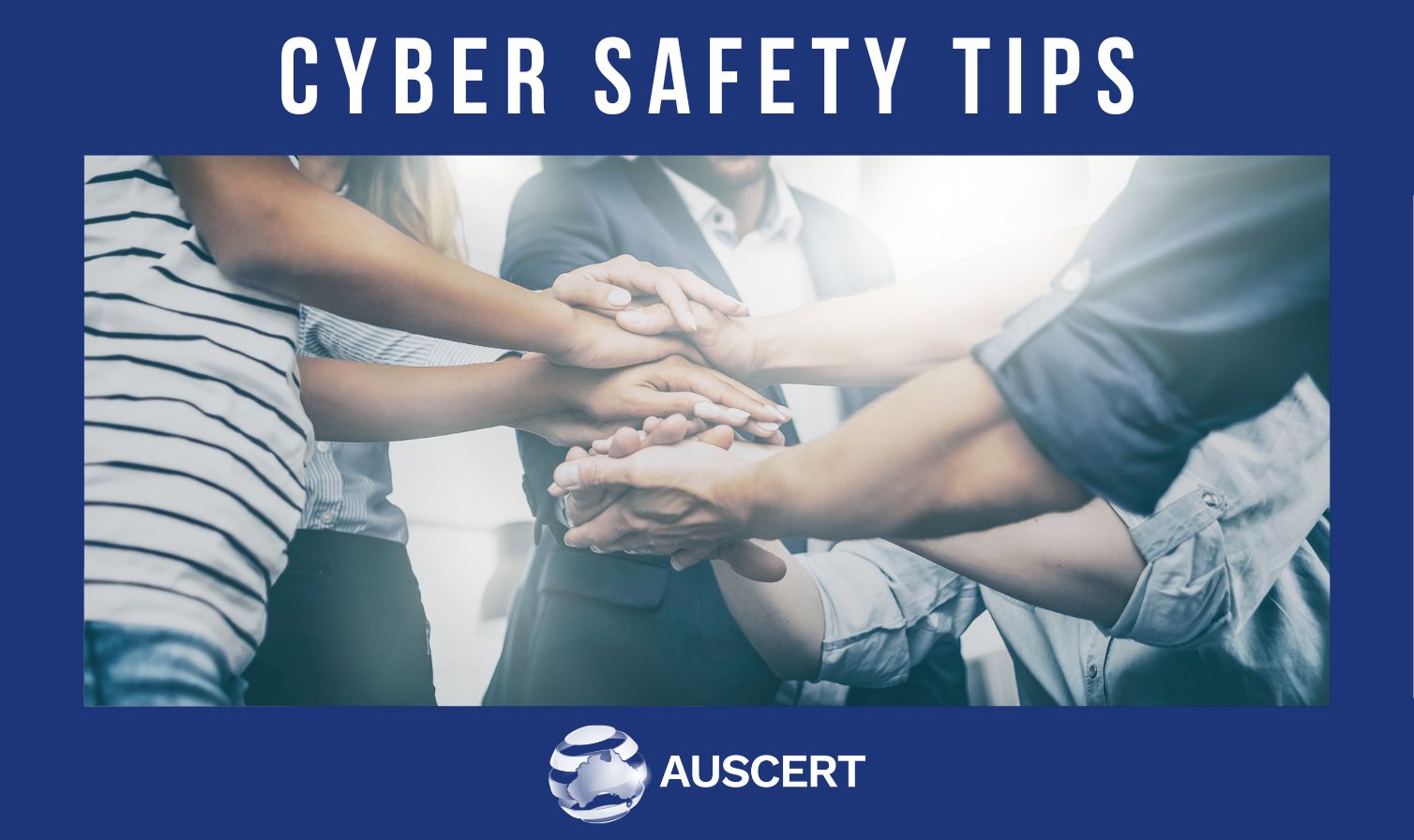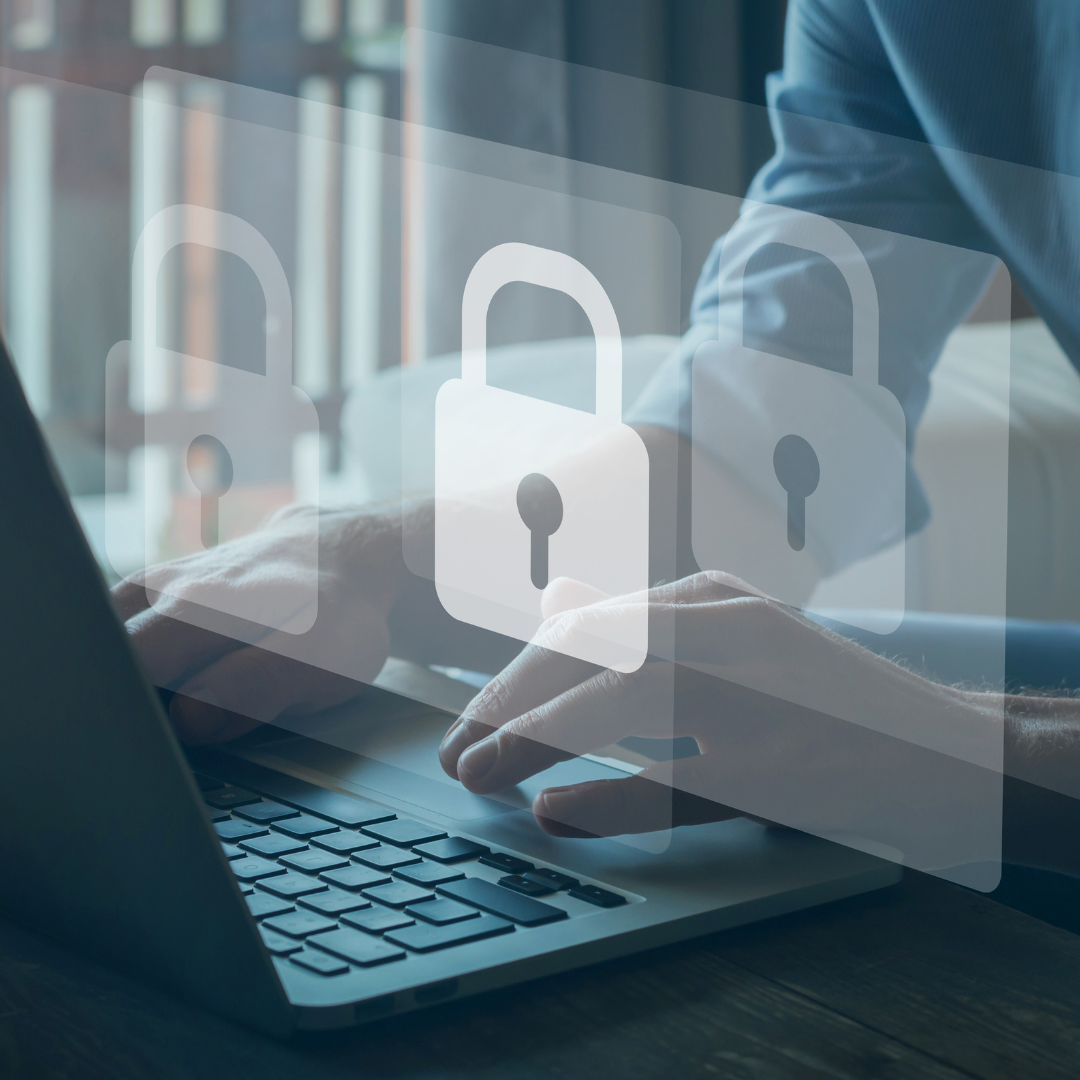6 Oct 2023
Blogs
Here are a few of our key tips to share with your family, friends, or colleagues on how to stay cyber safe!
Update your devices and apps regularly
Software updates often provide crucial security fixes that can rectify weaknesses that attackers can use to exploit devices. Ensure all your systems are being regularly updated, preferably automatically.
Utilise strong multi-factor authentication
The primary objective of multi-factor authentication is to reduce the risk of account takeovers and enhance security for users. It provides an added layer of security necessary to protect users and their data.
Use passphrases and password managers
A password manager is an application or program that stores passwords or passphrases for all your accounts. With a password manager, you only need to remember one master password and it can create and store complex and unique passwords.
Be careful clicking links
Exercise caution when encountering any links, especially those from unknown or untrusted sources. Phishing emails are often disguised as legitimate messages from reputable sources aiming to trick individuals into clicking malicious links.
QR Code Phishing (“Quishing”)
Only scan QR codes from trusted sources, be cautious when scanning codes received through unsolicited messages or unknown websites.[Read more about it on our blog here]
Be careful using Public USB Ports
Using USB ports in public places, such as airports, can pose a security risk. Using a USB Data Blocker can block any unwanted transfer, preventing any unauthorized access or malware installation.
Be mindful of Social Engineering tactics and techniques.
Social engineering attacks involve manipulating individuals into revealing confidential information, performing certain actions or making security mistakes. These attacks exploit human psychology and trust to deceive victims. Educate yourself and others about common tactics such as phishing emails, pretexting (creating false scenarios to obtain information), baiting (enticing victims to download malware) and tailgating (unauthorized access to a secure area).
Be careful using Public WIFI
Public, or free Wi-Fi can be used to intercept data, redirect users to malicious sites and to attack devices directly. It is much safer to use the hotspot functionality of your phone.
Never leave your devices unattended.
You never know what criminals are lurking so it’s safe to always keep an eye on all your devices! As mobile phones are commonly used as part of multi-factor authentication they are a target for attackers.
Report
Report any suspicious activity! If you’re a member feel free to contact us directly and we can assist. Otherwise you can contact [Scam Watch] (https://www.scamwatch.gov.au/)
Undertake training courses to better educate yourself
We run a diverse range of training courses to enable you to better understand and respond to cyber threats. [For more information click here] (/services/auscert-education/)




